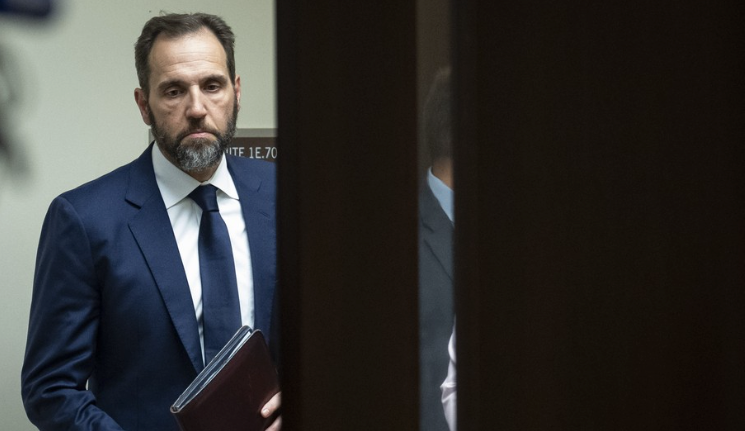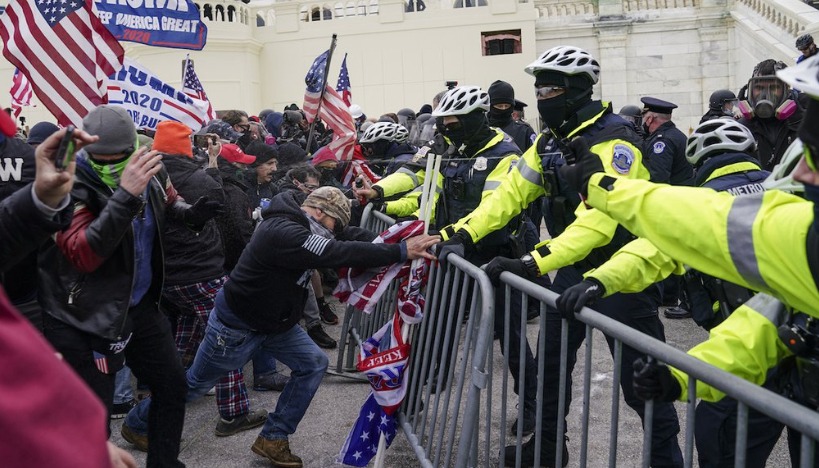The prosecution has submitted a crucial document necessary for appeals judges to determine the viability of the Trump DC trial. Here’s some context:
For those who may not be well-versed in legal intricacies, this post is tailored to readers like myself who catch up on the news before the caffeine kicks in and tend to forget the details of numerous Trump-related court proceedings.
So, which Trump trial are we discussing in this post?
Hold on a moment!
Despite the involvement of all three levels of federal courts (District Court, Appeals Court, Supreme Court) in this case, it’s important to clarify that this is not yet a trial. The trial is slated to commence on March 4, 2024. In the meantime, let’s refer to it as the “Jan 6th Criminal Election Fraud Case” (distinct from the Civil Fraud Case or the Georgia Election case). This is a federal criminal proceeding situated in Washington, DC. If and when it progresses to trial, it will be presided over by US District Court Judge Tanya Chutkan.
Judge Chutkan, operating at the District Court level, has been a frequent subject of news coverage due to her series of pretrial decisions. As it turns out, “Most of the progress of a federal case happens in what is called the pretrial phase,” which provides some reassurance.
Contrary to my previous assumption that trials precede appeals, it appears that pretrial motions can seek to dismiss the trial itself. If an adverse pretrial decision is reached, it can be escalated to the Court of Appeals (level two) before the trial begins.
Special Counsel Jack Smith, acting as the prosecutor in this case, anticipated that this motion to dismiss would progress to the Court of Appeals and eventually reach the US Supreme Court (level three). He even sought to expedite the case at the Supreme Court level, but this request was denied. Consequently, Supreme Court involvement has been minimal, but the case has touched on it.
The Jan 6th Criminal Election Fraud Case is presently on hold while the U.S. Court of Appeals for the District of Columbia Circuit determines whether Trump is immune from prosecution by virtue of his former presidential status.
On Saturday, December 30th, special counsel Jack Smith’s office filed an 82-page document urging the Appeals Court to reject Trump’s claim of immunity. According to Alan Feuer of the NYT:
The dispute over immunity is arguably the most critical aspect of the election interference case, involving both new legal questions and consequential timing issues. The case is scheduled for trial in Federal District Court in Washington in early March but has been paused pending the resolution of Mr. Trump’s attempts to dismiss the charges based on immunity claims.
This appeal holds legal significance because it centers on a question that has never been asked or fully answered before. This is due to Trump being the first former president to face criminal charges and his unique claim that his former presidential status should completely shield him from prosecution.
According to NPR:
While the Supreme Court has ruled that presidents are immune from civil liability for actions related to their official duties, it has never addressed whether this immunity extends to criminal prosecution.
The Justice Department has also maintained that sitting presidents cannot be prosecuted. Trump’s legal team is seeking to extend this protection to a former president for actions taken while in office, arguing that no prosecutor in American history has possessed the authority to bring such charges.
Chutkan wrote, “Against the weight of that history, Defendant argues in essence that because no other former Presidents have been criminally prosecuted, it would be unconstitutional to start now.” She added, “But while a former President’s prosecution is unprecedented, so too are the allegations that a President committed the crimes with which Defendant is charged.”








